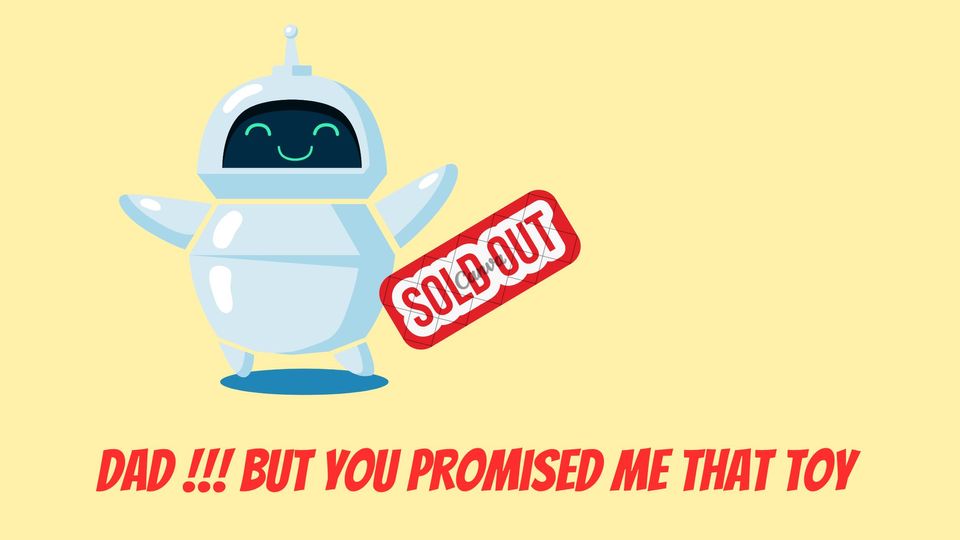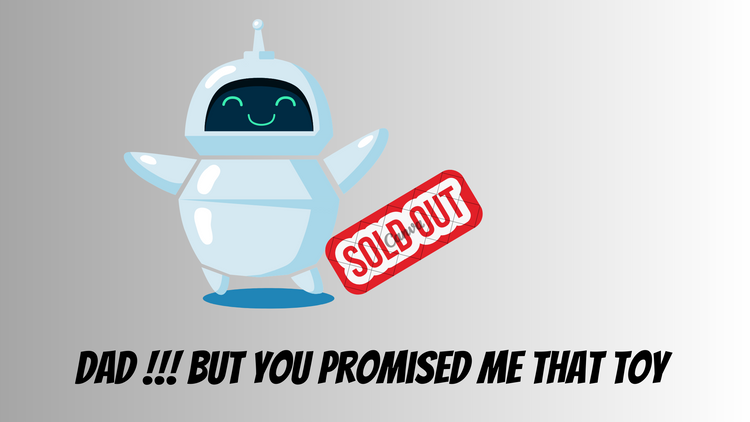How the Toy manufacturers trick you

Yesterday, I read about one of the most brazen tactics deployed by businesses to push their sales in periods when there are few takers. It is the case of Toy manufacturers in the U.S. who face a slump in sales post the Christmas sale.
Usually, in the West, people buy gifts for their kids and loved ones on Christmas and post that it is just for presents on specific occasions. The companies wanted to tap into the market post the festival season too. They tried different tactics such as increased marketing, and offering discounts but it only led to losses owing to the increased costs. They needed a way to bring the customer back to the stores and needed a creative solution for it.
The manufacturers tapped the psychological spectrum associated with gifting. Usually, parents gift toys to their kids on their demands. Kids see the advertisements on TV channels they watch or the places the children visit. Usually, the ad fervor is high in the pre-Christmas season. The ads are aggressively run so as to prime the children to ask their parents for that specific gift.
Now, parents usually promise their children that they would buy them that particular gift their child has sought. The companies played on this emotion to tap their future sales.
It is shocking to know the strategy being deployed by the companies around this. Innocent parents have promised their children that they would buy their kids the product which has been aggressively promoted on TV channels. The product is a new launch and is highly sought after owing to its new feature and relatability to the currently popular TV character or anime. Children want that particular product badly.
Now having promised their kid that the product would be gifted on the coming Christmas, the parent visits the Toy store around Christmas. They are fumed to find that the product is not available in the market. Dejected, they choose some other toy to compensate for their kid’s demand. They usually buy multiple products to placate their kid.
After Christmas, the devious plans of the companies come to the fore when they push their ads again on various media. This time the kids crave the toy even more than they did earlier. Parents who would have not wanted to visit the Toy store again as Christmas was over, are forced to visit again to find the toy they could not find on Christmas. The shrewd companies have pushed their inventories into the stores by now. They did not push the inventory at Christmas on purpose. This was their astute plan.
Parents now get to fulfill their promise. Kids get the long-awaited toy. Stores meet their sales targets. Companies rejoice in the execution of their psychological tactics. In the end, consumerism wins.
The frenzy around the Cabbage Patch Kids Dolls in the 1980s and the Furby, a robotic toy in 1998 are evidence of the intentions of toy manufacturers. This even led to state leveling charges against the manufacturers for false advertising even when there was no inventory to be sold.
This shows the vulnerability of humans to falling for psychological traps that businesses resort to. The tactic discussed above by toy manufacturers was brilliantly orchestrated indicating careful planning and thought processes. Although this particular trick has now been unraveled, we are not aware of other traps that companies may be deploying on clueless people.



